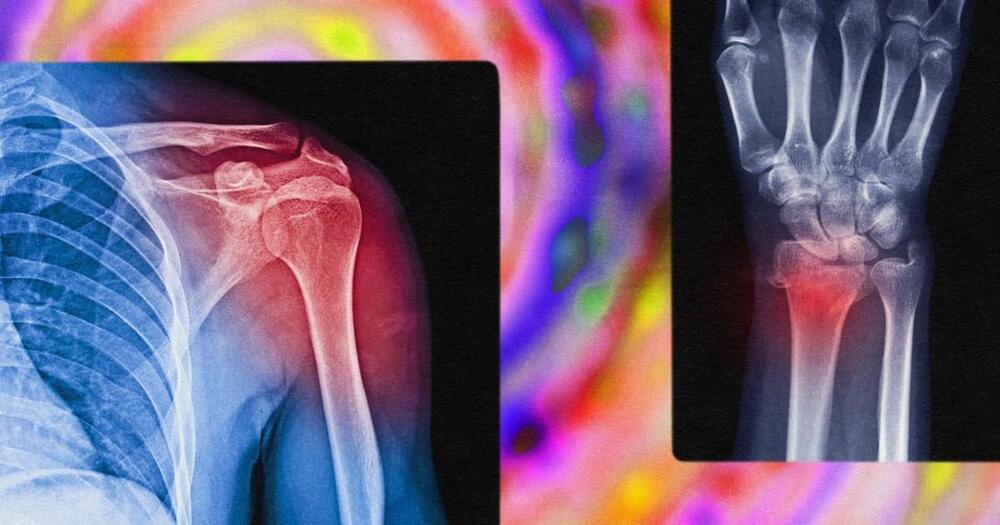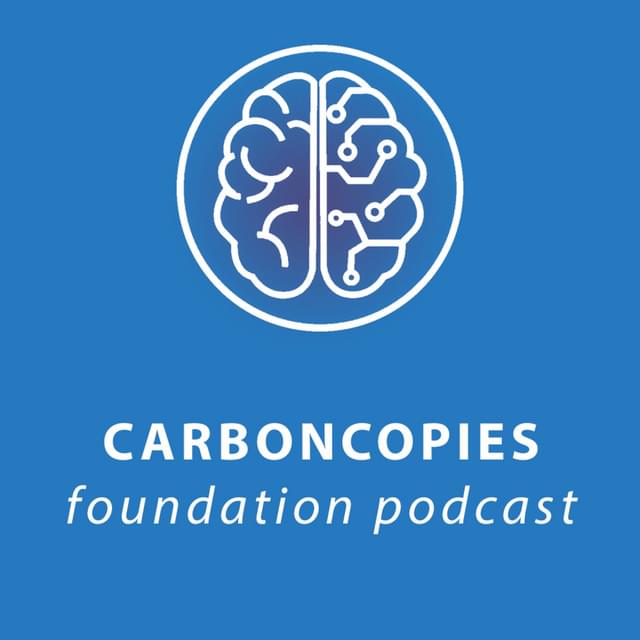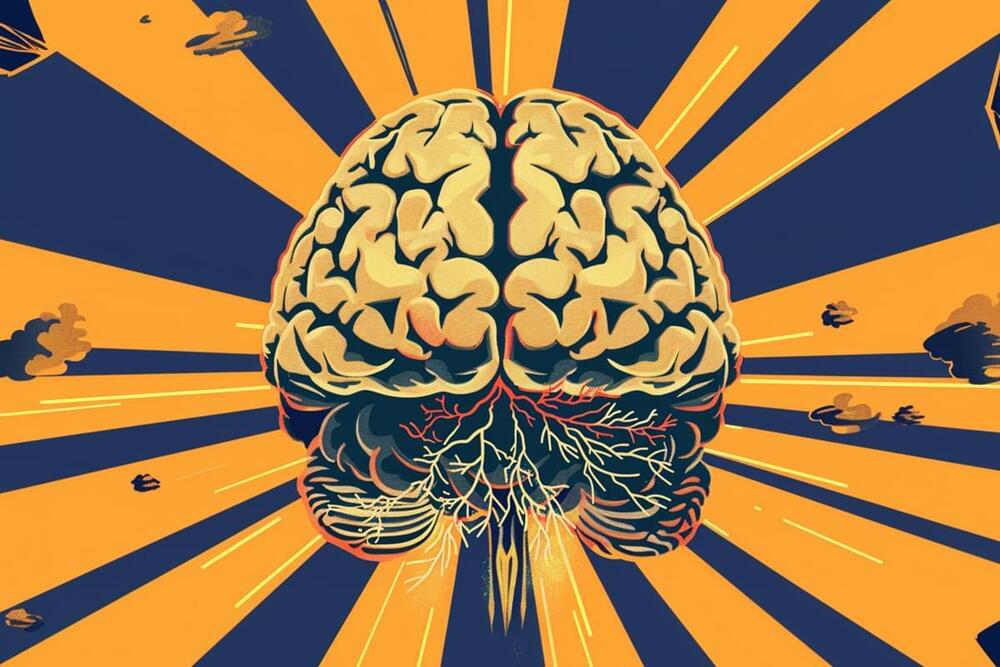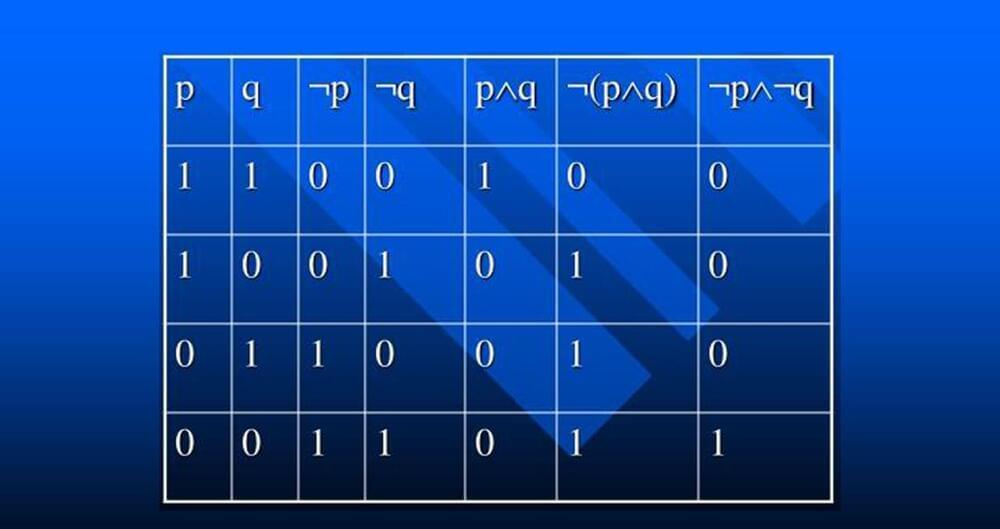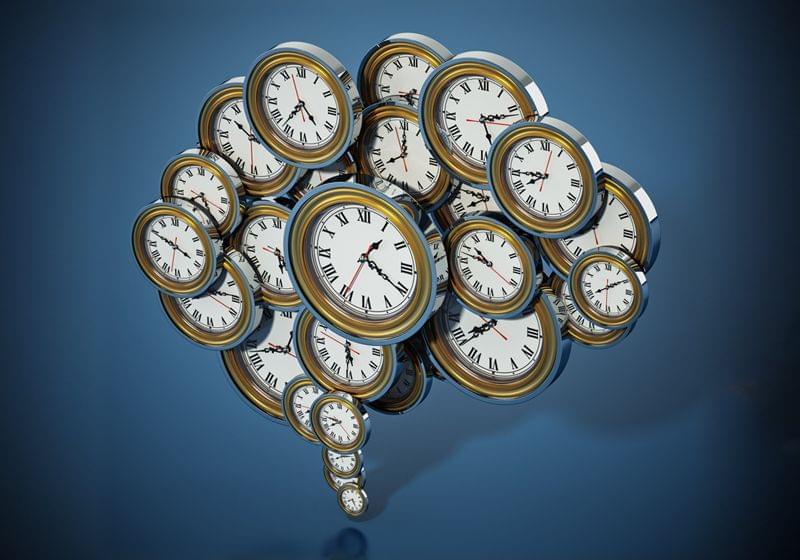What if symptoms of chronic pain were sometimes just echoes of a past injury, and your brain could “snap out of it” with the help of psychedelics? It’s a surprising theory that several labs around the world are beginning to investigate. While there have been few double-blind, placebo-controlled, randomized clinical trials evaluating the efficacy of psychedelics for treating chronic pain, preliminary evidence is beginning to emerge — with promising results.
Chronic pain is defined as pain that persists beyond the usual recovery period or occurs with another condition. It may occur continuously or happen off and on. The most common manifestations of chronic pain are lower back pain, headache disorders, fibromyalgia, and neuropathic pain. People treated for chronic pain often undergo “pain management programs” that combine approaches from different fields to customize treatments.
Although it may be a reflection of ongoing physical health issues, chronic pain can also have deeply psychosomatic origins, reflecting the close relationship between mind and body.
